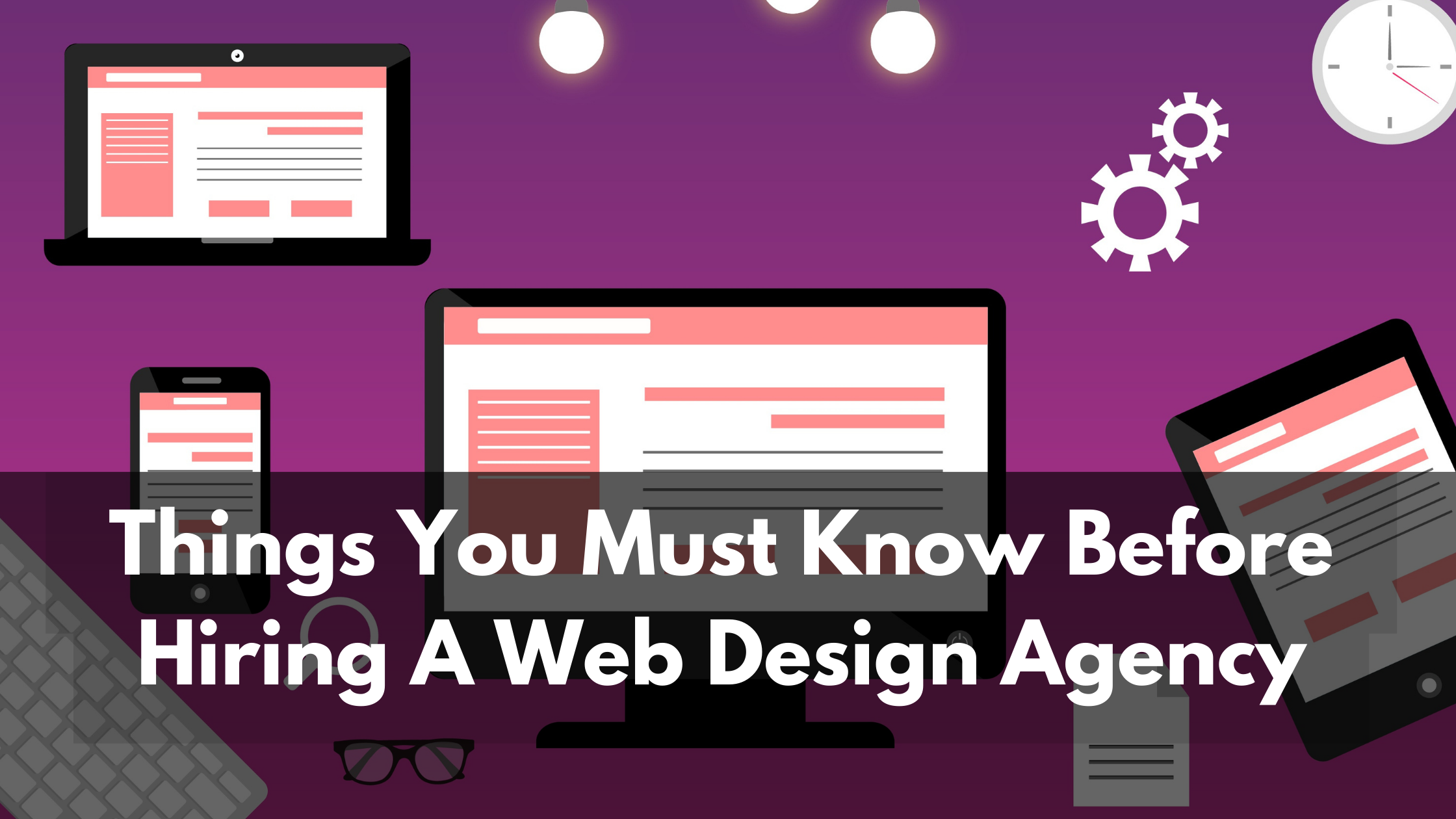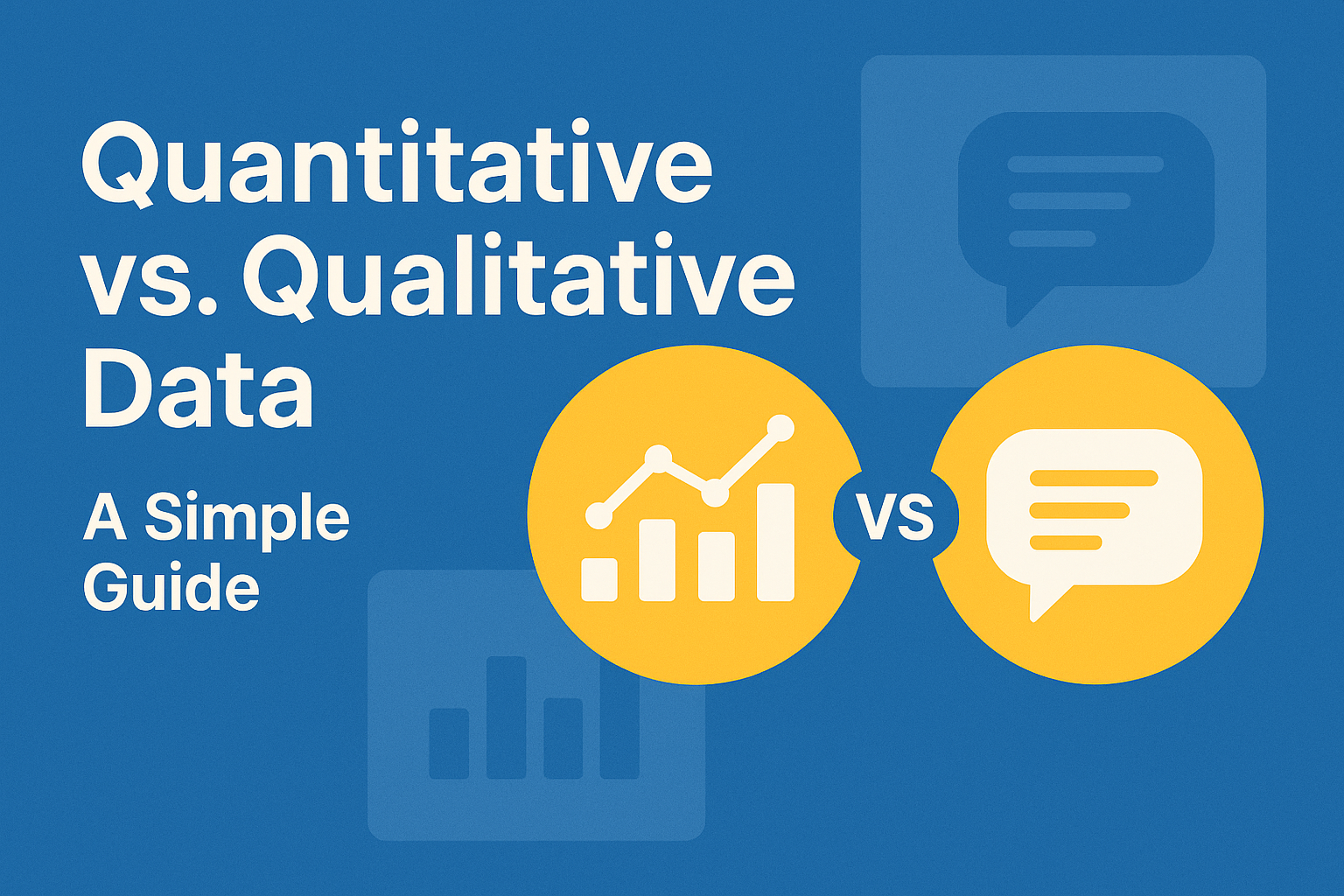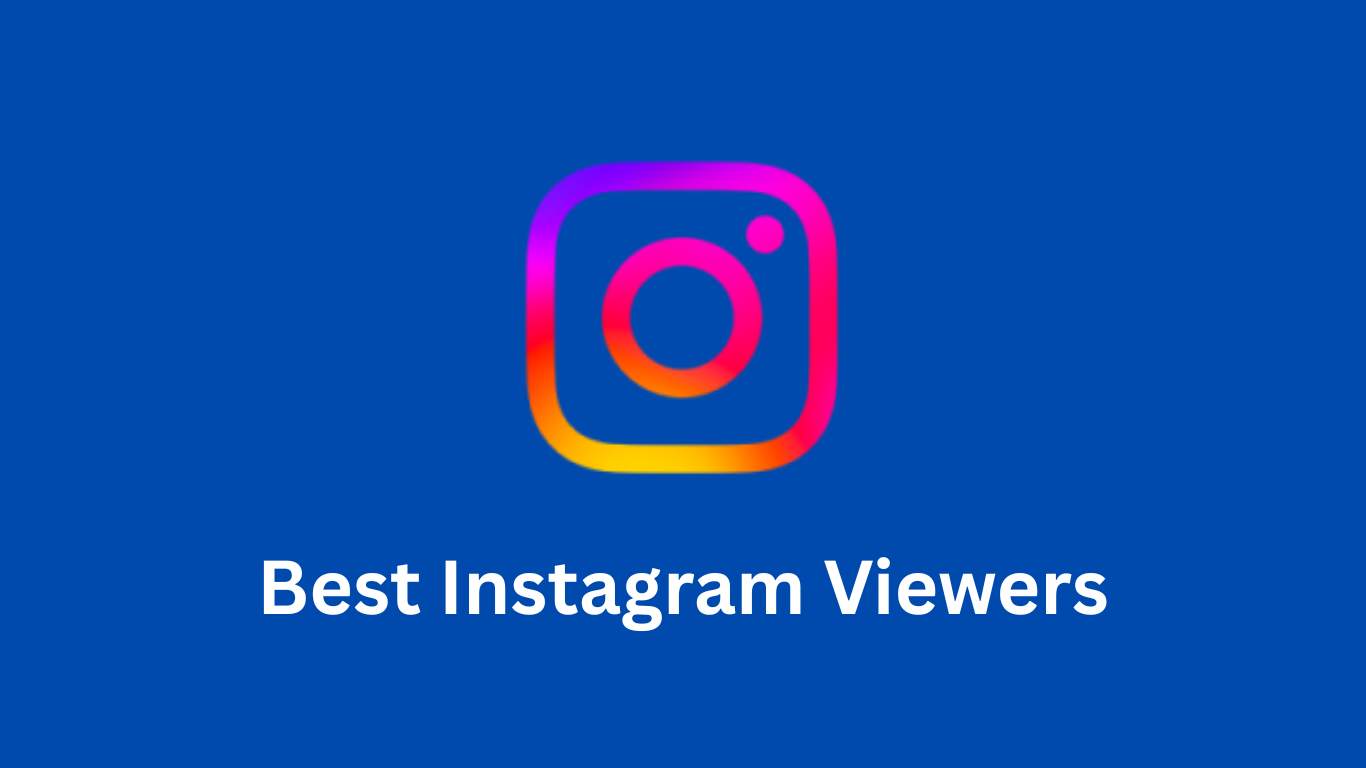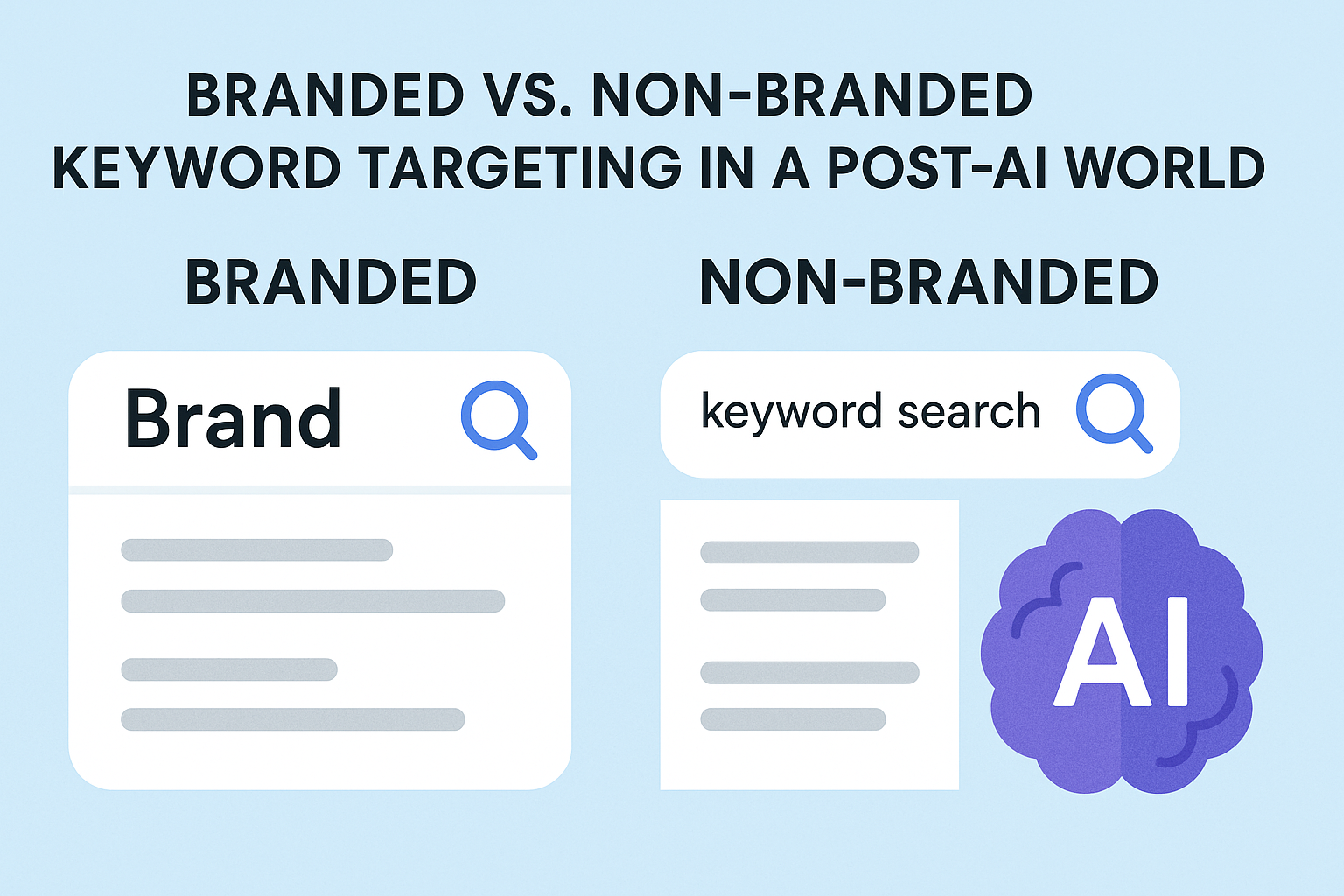Hiring the right web design agency is a critical decision that can greatly impact your business’s online presence. A well-designed website attracts and engages visitors, converts leads, and supports long-term growth. With so many agencies offering a variety of services, it’s important to know what to look for when choosing the right partner for your project. Below are the essential factors you need to consider before making your decision.
1. Check Their Portfolio
Before hiring a web design agency, start by reviewing their portfolio. This is the best way to assess their design style, quality of work, and whether they have experience in your industry. Look for websites they’ve built that align with your business goals and aesthetic preferences. A solid portfolio should showcase a variety of projects, including those with responsive web design, intuitive user interfaces, and great user experiences.
2. Search Engine Optimization (SEO) Expertise
A beautiful website is of little use if it can’t be found by your target audience. Ensure the agency has strong SEO expertise. They should understand how to structure your site and optimize content to rank high on search engines. Ask if they use SEO best practices, such as optimizing meta tags, creating SEO-friendly URLs, and ensuring fast page load times. This will help increase visibility and drive organic traffic.
3. Experience and Expertise
Consider the agency’s experience in the web design industry. How long have they been in business, and how many websites have they built? It’s crucial to hire a team with a proven track record and the technical proficiency to handle complex projects. Experienced agencies will also be more adept at problem-solving and managing potential issues that could arise during the project.
4. Web Design Process
A well-defined web design process is a sign of a professional agency. They should walk you through their workflow, from discovery and design to development and testing. The agency should take the time to understand your brand, target audience, and specific needs before diving into the design process. Transparency in their approach ensures that your vision aligns with their execution.
5. Brand Understanding and Description
The agency must have a clear understanding of your brand and be able to translate your business values and mission into the website design. They should ask detailed questions about your products, services, and target audience to ensure the final design resonates with your brand identity and appeals to your potential customers.
6. Budget
Setting a realistic budget is essential when hiring a web design agency. Prices vary depending on the complexity of the project, customization, and additional services like SEO, content management, and ongoing support. Make sure you’re clear on how much their services cost and whether their rates align with your budget. Beware of agencies that offer suspiciously low prices, as this can often result in poor-quality work.
7. Communication Skills
Effective communication is key to a successful partnership. The agency should be responsive and clear in their communication, keeping you updated at every stage of the project. Assess how well they listen to your needs and how efficiently they explain technical aspects. Good communication ensures that everyone is on the same page, reducing the likelihood of misinterpretation and delays.
8. User Experience (UX) and Interface (UI)
In today’s competitive online space, your website must deliver an excellent user experience (UX) and feature a user-friendly interface (UI). The agency should prioritize usability, making sure your website is easy to navigate and visually appealing. Customers expect interactive and dynamic websites, and agencies with strong UX/UI skills can help retain visitors and drive conversions.
9. Content Management System (CMS)
Make sure the agency builds your website on a content management system (CMS) that you can easily use. Popular platforms like WordPress, Shopify, and Joomla allow you to manage content without technical expertise. A user-friendly CMS ensures you can update your website as needed, from adding new products to publishing blog posts, without having to rely on the agency for every minor change.
10. Responsive Web Design
With more users browsing on smartphones and tablets, responsive web design is non-negotiable. Your website must look great and function seamlessly across all devices. Ensure the agency has experience in creating mobile-friendly designs that enhance the user experience and are optimized for mobile search rankings.
11. Services and Products Offered
Beyond web design, ask what other services the agency offers. Many agencies provide additional services such as SEO, content creation, branding, and digital marketing. Having a full-service partner who can handle multiple aspects of your digital presence can save you time and ensure a cohesive strategy across all platforms.
12. Testimonials and Case Studies
Before signing any contracts, request testimonials and case studies from past clients. Reviews and case studies offer insight into the agency’s ability to meet client expectations and deliver results. Pay attention to how they’ve solved problems similar to yours, and look for patterns in client feedback regarding communication, technical skills, and project outcomes.
13. Technical Proficiency and Technological Insights
You want to ensure that the agency is up-to-date on the latest technological insights and trends. Web design and development technologies evolve rapidly, and the agency should be familiar with modern tools, frameworks, and software. This knowledge will help future-proof your website and ensure it remains secure and functional over time.
14. Website Security
In today’s digital landscape, security is a top priority. Ask the agency how they handle website security and what measures they put in place to protect your data. This can include SSL certificates, regular backups, security plugins, and protection against hacking or malware. Ensuring that your website is secure will prevent data breaches and protect your customers’ information.
15. Post-launch Support and Maintenance
Websites require ongoing maintenance after launch. Ask if the agency offers post-launch support, including regular updates, bug fixes, and security patches. This ensures your website stays up-to-date and functional in the long term. Some agencies provide support packages for continuous improvements and troubleshooting.
16. Timelines and Deadlines
A successful project requires clear timelines. Ask the agency how long they expect the project to take and ensure the timeline aligns with your goals. Delays can cost you money and potentially harm your business if you’re launching a product or service. Discuss how the agency handles deadlines and what steps they take to avoid delays.
17. Scalability and Future-proofing
As your business grows, your website needs to grow with it. Ensure the agency builds your site with scalability in mind. The design should allow for future updates, additional features, and increased traffic without requiring a complete overhaul. A flexible, future-proof website will save you time and resources in the long run.
18. Compliance with Industry Standards
Depending on your industry, your website may need to comply with specific industry standards and regulations, such as GDPR for data privacy or ADA for accessibility. Ensure that the web design agency is knowledgeable about these requirements to avoid potential legal issues.
19. Analytics and Performance Tracking
To measure the success of your website, the agency should implement analytics and performance tracking tools like Google Analytics (GA-4) and Google Search Console. These tools help monitor user behavior, track conversions, and provide insights into how your website is performing. This data is essential for making informed decisions about future website improvements.
20. Customization vs. Templates
Understand whether the agency builds custom websites or uses pre-made templates. Custom websites offer greater flexibility and a unique design tailored to your brand, but they are more expensive. Templates can be a cost-effective option but may lack originality. Discuss your needs and budget to determine the best solution for your business.
Conclusion
Hiring a web design agency for your business is a crucial decision that can greatly influence your brand’s online presence. Carefully evaluating their portfolio, understanding their design process, and assessing their communication skills and technical capabilities will help you choose the right partner for your project.
Consider factors like SEO, user experience, budget, and website security to ensure the agency aligns with your business goals and offers long-term value. The ideal agency will not only craft a visually appealing website but also support your business objectives by delivering a functional, scalable, and secure online platform.

The Search Engine Cage team is on a mission to educate entrepreneurs. We make things easier for the small business owner, by writing articles that help them to understand SEO and Digital Marketing.







